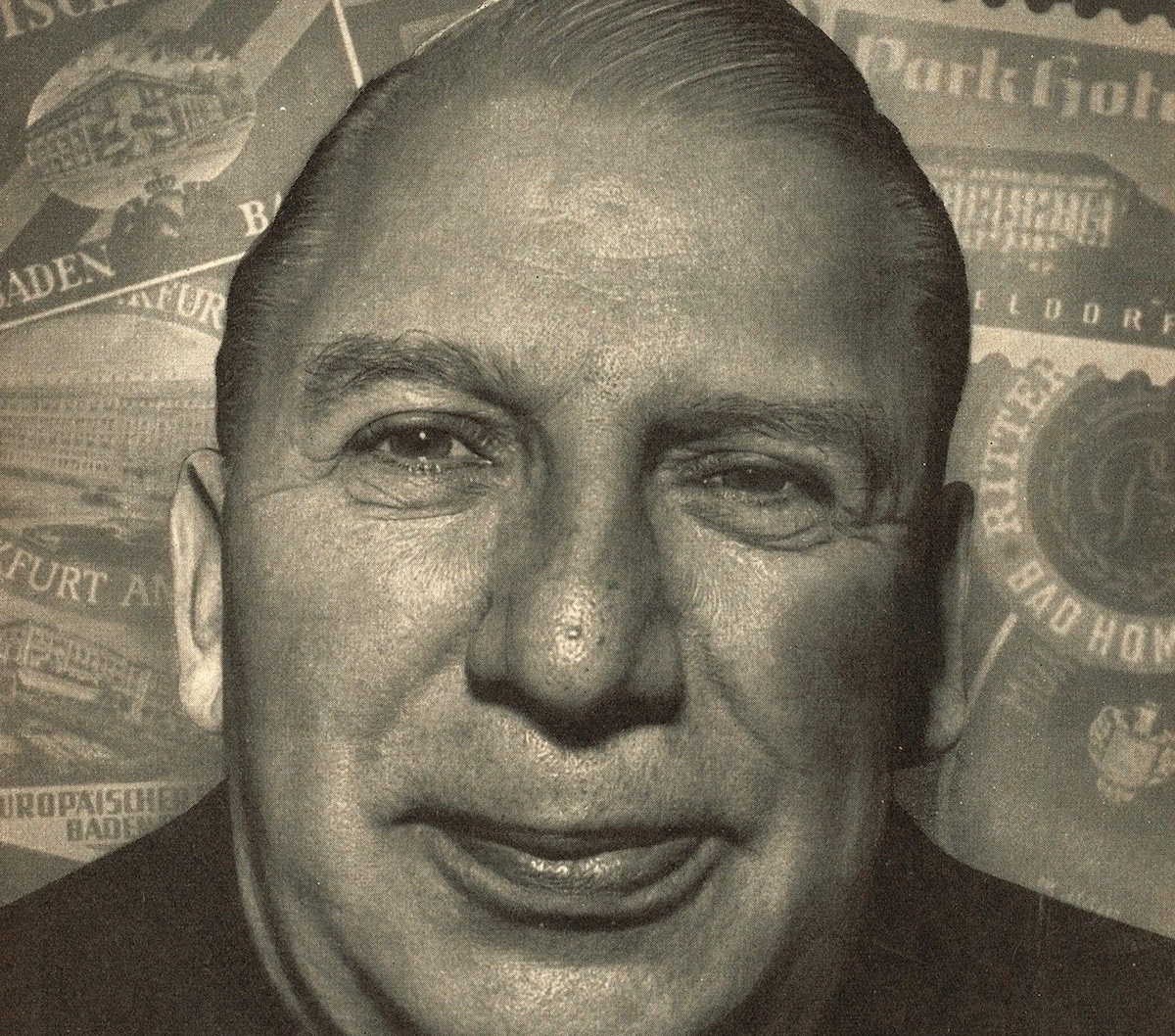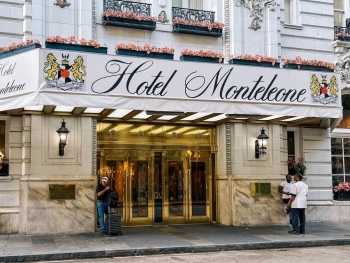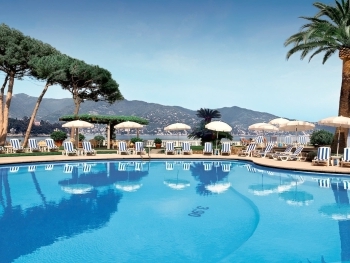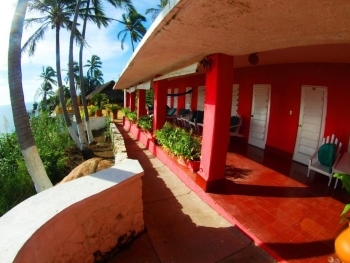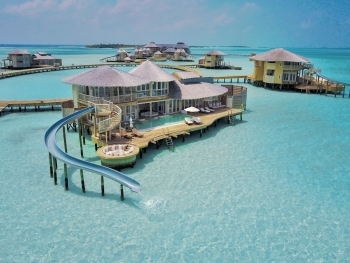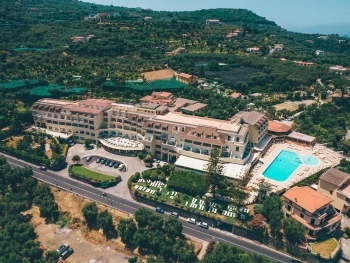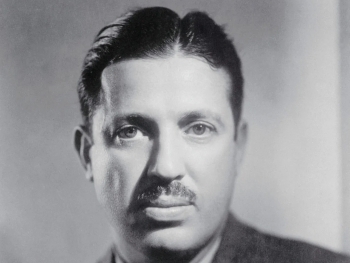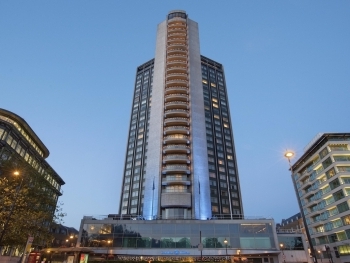Albert Steigenberger was a notable German hotelier who played a significant role in the development of the hospitality industry in Germany. Here's a detailed overview of his contributions and the history of the Steigenberger hotel chain:
Early Years and Establishments:
1930: Albert Steigenberger, a businessman from Lower Bavaria, purchased the Hotel Europäischer Hof in Baden-Baden, marking the beginning of his venture into the hotel industry.
1940: He acquired the Hotel Frankfurter Hof in Frankfurt am Main, which was destroyed during World War II. The hotel reopened partially in 1948 and was fully rebuilt by 1953, becoming a prominent hotel in Frankfurt.
Post-War Expansion:
1949-1958: Steigenberger expanded his portfolio by taking over the Badischer Hof in Baden-Baden (1949) and Ritter's Parkhotel in Bad Homburg (1950). His son Egon assisted in these expansions.
1958: Albert Steigenberger passed away, and his son Egon took over the company, preparing it for future challenges such as internationalization and the rise of air travel.
Further Growth and Development:
1958-1970: The company saw significant expansion, including the opening of Airport Restaurants in Frankfurt in 1960.
1972: Egon Steigenberger purchased the Hotel Training School in Bad Reichenhall to ensure high standards of training for hotel staff. He also founded several subsidiary companies, including Frankhof-Kellerei, HEAD GmbH, and Steigenberger Consulting GmbH.
1970s: The company developed new holiday hotels and concepts focusing on sport, culture, and health programs, starting in the Bavarian Forest and expanding to other health resorts and the Frankfurt Rhine-Main Airport.
International and Domestic Expansion:
1980s: The company incorporated more hotels, including those in Berlin, Baden-Baden, Bonn, and Swiss locations like Saanen-Gstaad and Davos.
1985: Following Egon Steigenberger's death, the company became a public limited company with the family holding 99.6% of the shares.
1990: Steigenberger took over the management of the Guest House of the Federal Government of Germany near Bonn.
Strategic Diversification and Expansion:
1991: The company introduced a multi-brand strategy with the launch of InterCityHotel in Frankfurt, offering 3-star accommodations.
1992: They opened their first 2-star hotel in Speyer, targeting budget-conscious travelers with the Steigenberger Esprix Hotels brand.
1993: The first Steigenberger Maxx Hotel opened in Jena, featuring casual and nostalgic comfort with an 'American touch'.
1990s: This decade marked the greatest expansion for Steigenberger, with over 40 new hotels opened or acquired, including entering the Austrian market and expanding the InterCityHotels brand.
Modern Developments:
2003: The company employed 5,446 people and generated annual revenues of €441.3 million.
2004: The Steigenberger Esprix and Maxx brands were integrated into the main Steigenberger Hotels & Resorts or InterCityHotel brands.
2005: Steigenberger celebrated its 75th anniversary, highlighting its long history as a family-owned enterprise.
2006: The company opened its first hotel in Italy and several other locations, including Dresden and the Baltic Sea Coast.
2008: The Steigenberger hotel Axelmannstein in Berchtesgaden closed.
2009: On August 20, Travco Group International Holding S.A.E. acquired the contracts, brands, and management of Steigenberger.
Albert Steigenberger's vision and efforts laid a strong foundation for a hospitality brand that grew to become a significant player in the international hotel industry, maintaining a reputation for quality and innovation over several decades.
